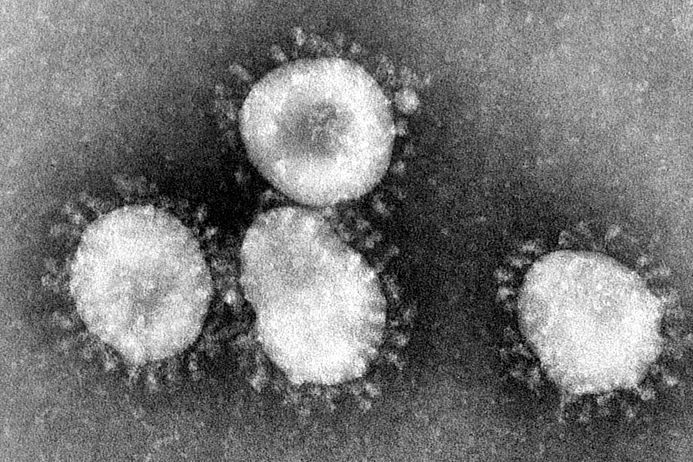Why are disease outbreaks and health problems only of global interest when they affect the countries and transport routes relevant to the global economy, such as the current corona virus outbreak? Or are they simply better perceived there?
In any case, the last few weeks have made it clear: The much-touted "global community" is prepared to invest much more in fighting them than it did in the case of an acute measles outbreak in 2019, which killed over six thousand people in the Democratic Republic of Congo, or the Ebola outbreak, which has not been stopped in the same country for a year and a half now, killing 2,250 people.
Not to speak of the still "big global killers" among infectious diseases: in 2019, 10 million people fell newly ill with tuberculosis and 1.8 million died of it, 230 million people contracted malaria last year with almost 400,000 deaths, and almost 800,000 people died in the same period from AIDS.
The vast majority of these victims live in the "global south" and it is not surprising that the priorities of the public health systems there, at least at present, are less focused on the detection and control of the corona virus outbreak, especially since this disease is usually mild and only rarely turns into severe pneumonia, which can be fatal.
I do not think it helps to speculate as to whether the virus has already arrived in the megacities of Africa or India - given the sharp increase in African-Chinese Indian economic links over the last 20 years, it would be rather surprising if this were not the case.
In view of the described realities and priorities for the people and health systems there, however, the corona virus will probably always play only a minor role for them, and mostly remain undiscovered.
It is much more important to stress that a true global responsibility, which is now being talked about with regard to Corona Virus and which is being demanded by the World Health Organization, must focus on strengthening health systems in all places in the global world. And not just to be selective in this and the coming epidemics, focussing on rapid technical solutions such as the next vaccine and quarantine measures.
This requires long-term financing commitments and transparent investments in the human and material capacities of local public health systems that can also be held accountable by local civil society. Only such public infrastructure will be able and responsible providing access to quality health care for people without own financial resources.
Only with such a genuine "global health insurance" would people with their respective health problems be effectively helped. Unfortunately, we are still a long way from such global health conditions.

